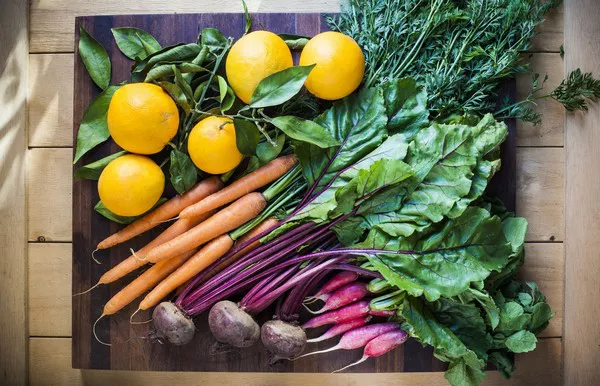Iron is an essential mineral that plays a crucial role in maintaining overall health and well-being. It is a vital component of hemoglobin, the protein responsible for carrying oxygen from the lungs to all parts of the body. Iron also supports energy production, immune system function, and cognitive development. In this article, we will explore the significance of iron in our diets and delve into a comprehensive list of foods rich in iron content, ensuring you have the knowledge needed to make informed dietary choices.
Aspect 1: The Importance of Iron in Your Diet
Iron is not just a mineral found in our bodies; it is a nutrient that supports various physiological functions. Some of the key roles of iron include:
Oxygen Transport: Hemoglobin, a protein in red blood cells, binds to iron to carry oxygen throughout the body. This process is essential for providing cells with the oxygen they need to function properly.
Energy Production: Iron is a crucial component of enzymes involved in energy production. Without sufficient iron, the body’s energy levels can be compromised.
Immune System Support: Iron contributes to a healthy immune system by aiding in the production of immune cells that defend the body against infections.
Brain Function: Iron plays a role in cognitive development and function. It is important for maintaining proper brain health and preventing cognitive decline.
See Also: What Does Iron Vitamins Help With: Things You Need to Know
Aspect 2: Dietary Sources of Iron
Now that we understand the significance of iron, let’s explore a variety of foods that are excellent sources of this essential mineral. Incorporating these foods into your diet can help ensure you are meeting your iron requirements:
Red Meat: Beef, lamb, and pork are rich sources of heme iron, which is more easily absorbed by the body compared to non-heme iron found in plant-based foods.
Poultry: Chicken and turkey also provide heme iron, making them a nutritious choice for maintaining healthy iron levels.
Seafood: Fish such as tuna, salmon, and shellfish like clams and oysters contain substantial amounts of iron, along with other beneficial nutrients.
Legumes: Beans, lentils, and chickpeas are excellent sources of non-heme iron. Pairing them with vitamin C-rich foods can enhance iron absorption.
Leafy Greens: Spinach, kale, and other dark leafy greens are packed with iron and various vitamins and minerals that contribute to overall health.
Aspect 3: Enhancing Iron Absorption
While consuming iron-rich foods is important, optimizing iron absorption is equally crucial. Here are some strategies to enhance the absorption of dietary iron:
Vitamin C: Consuming foods high in vitamin C, such as citrus fruits, strawberries, and bell peppers, can significantly improve the absorption of non-heme iron.
Avoiding Inhibitors: Certain compounds, like tannins in tea and phytates in whole grains, can inhibit iron absorption. It’s advisable to avoid consuming these foods alongside iron-rich meals.
Cooking Methods: Cooking foods in cast iron pans can infuse the food with a small amount of iron. However, acidic foods like tomatoes can increase the iron content absorbed from the cookware.
Balanced Diet: Ensuring a well-balanced diet that includes a variety of nutrients can promote overall health and aid in optimal iron absorption.
Aspect 4: Recommended Iron Intake and Considerations
Understanding your iron requirements is essential for maintaining health. The recommended daily intake of iron varies based on age, gender, and life stage. It’s important to note:
RDA for Iron: The recommended daily allowance (RDA) for iron is 18 milligrams for adult women and 8 milligrams for adult men. Pregnant women require more iron, around 27 milligrams per day.
Iron Deficiency: Inadequate iron intake can lead to iron deficiency anemia, characterized by fatigue, weakness, and decreased immune function. If you suspect a deficiency, consult a healthcare professional.
Aspect 5: Conclusion
Incorporating iron-rich foods into your diet is vital for maintaining optimal health and preventing iron deficiency. By including a variety of iron sources and following strategies to enhance iron absorption, you can ensure that your body receives the necessary iron it needs to function efficiently. Remember that individual iron needs may vary, so consulting a healthcare provider or registered dietitian can help you determine the best approach for your specific dietary requirements.
In conclusion, the journey to maintaining adequate iron levels begins with a balanced and nutrient-rich diet. By making informed choices and prioritizing iron-rich foods, you’re taking a proactive step towards better overall health and well-being.


